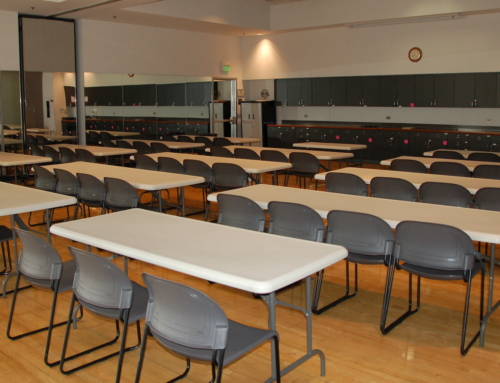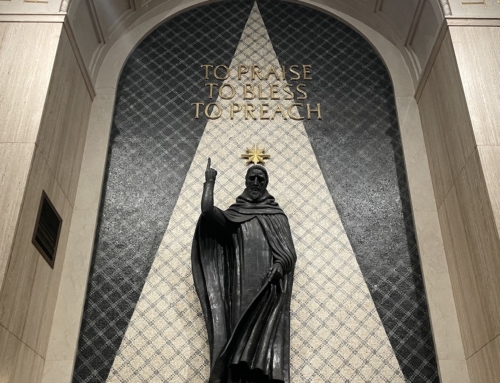Our Lord Jesus Christ demands nothing less than a total transformation of our lives. At the inauguration of his earthly ministry, he proclaimed, “The time is fulfilled, and the kingdom of God is at hand; repent, and believe in the gospel” (Mk 1:15). We must undergo a moral (repent!) and mental (believe!) transformation. Our will must conform to the “one . . . who is good” (Mt 19:17) and our intellect to the one who is “the truth” (Jn 14:6). This demand, however, is not reducible to Kantian moralism or Socratic metanoia. The difference between the Teacher’s call to transformation and that of any other teacher is the reality of grace.
Grace transformed impetuous Simon, a denier of Christ, into Peter, Christ’s vicar on earth. Grace transformed zealous Saul, a persecutor of Christ, into Paul, Christ’s ambassador to the Gentiles.
We do not initiate this transformation. God does. Our transformation is not self-directed or self-determined. It is Spirit-led. It can break upon us suddenly like a lightning flash or gradually like the rising sun. We are transformed, because he transforms us, just as “we love, because he first loved us” (1 Jn 4:19).
Nevertheless, the transformative power of grace does not exclude our freedom and cooperation. Grace is not like a marionette string, moving us here, now there. Grace works from within the human will, but without determining or forcing it. This is ultimately a great mystery acknowledged even by the Prophets of Israel. Isaiah articulates it thus: Lord, it is “you who have accomplished all we have done” (Isa 26:12). There is no denying that we have done the work, but we could not have accomplished it without the Lord, who works in us by grace. Habakkuk provides an image to illustrate this mystery: “God, my Lord, is my strength; he makes my feet swift as those of hinds and enables me to go upon the heights” (Hab 3:19). I am the one who goes upon the heights, but I am enabled to do so by a power that does not come from my own resources. God, by grace, makes his strength my own. He equips me to do something above and beyond what I can do alone.
Our Lord demands a total transformation. He calls us to act freely, consciously, and deliberately in response to his call. But this is not about the mere mustering up of our own willpower. Our strength is the Lord. By their own natural power, our feet only move so quickly. Grace makes them swift as those of hinds.
Grace is God’s love at work in us and through us. The Father grants this utterly free gift through his only begotten Son, who came into the world “full of grace and truth” (Jn 1:14). It “has been poured into our hearts through the Holy Spirit which has been given to us” (Rom 5:5). Grace elevates the soul, strengthens the will, and enlightens the mind. Our human nature is transformed in such a way that we can, in fact, repent and believe in the Gospel. More wonderful yet, we are enabled to approach heights previously inconceivable: we are transformed to “become partakers of the divine nature” (2 Pt 1:4).
If today, you believe in the Gospel, it is by grace. If today, you act on the Gospel, it is by grace. If you give thanks for the graces you have received, it is by grace. And, if even at this moment you wonder if you have received grace, lift your heart in joyful prayer: that prayer will itself be graced. By such prayer, you may ask for more grace. Truly, “we have all received, grace upon grace” (Jn 1:16)! Praise God for this transformative gift! Oh Lord, it is you indeed who have accomplished all we have done.
✠
Image: Domenico Morelli, Conversione di san Paolo







